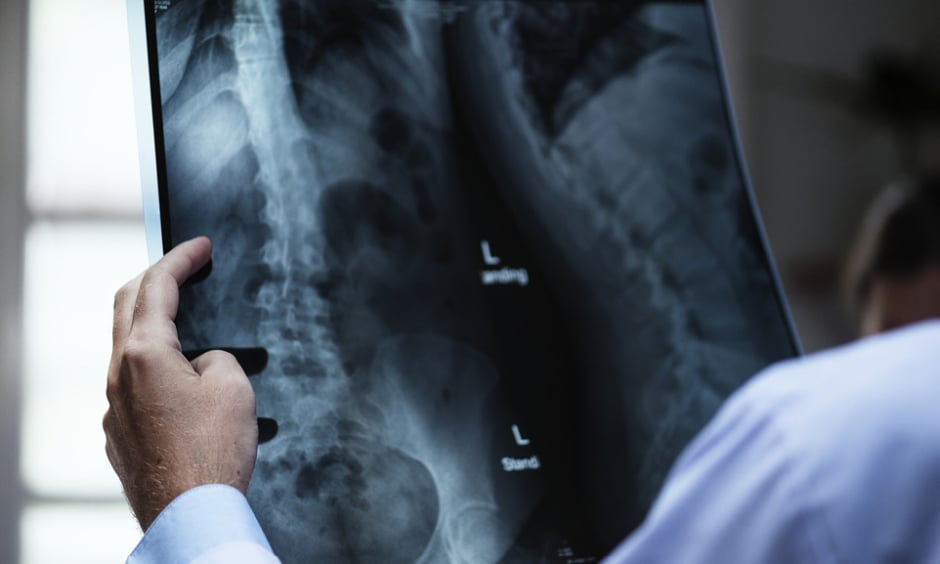DETERIORATIONS in bone health can begin as early as 40 years of age, resulting in bone loss and a diagnosis of osteoporosis, which leads to a high rate of mortality, primarily because of fracture complications. However, recent investigations in mice have revealed that prevention or slowing of bone loss can be achieved using probiotics, meaning a significant number of osteoporosis cases could be treated or even prevented.
Bone fractures present patients with high rates of mortality and can become more of an issue in older adults, whose interlinked bone structure is commonly less robust. While medications are available to treat osteoporosis, it has been speculated that the slowing or prevention of initial bone loss would greatly improve prognosis for patients. Since older women tend to have a higher risk of developing osteoporosis than older men, researchers from Emory University, Atlanta, Georgia, USA focussed their attention on female laboratory mice to investigate bone health, specifically examining the ability of a probiotic to enhance bone growth. Over a period of 4 weeks, the mice were supplemented with oral Lactobacillus rhamnosus GG, a commonly used probiotic.
After the study period, the probiotic was shown to stimulate the growth of butyrate-producing bacteria in the guts of the mice models. Butyrate is a metabolite that prompts bone marrow T cells to produce Wnt10b, a protein that is known to be essential for bone growth. “We were surprised by the potency of the gut microbiome in regulating bone and by the complexity of the mechanism of action of probiotics,” commented senior study author Dr Roberto Pacifici, Emory University. Although the mechanism of action of probiotics in the bone is not clear, this research shows that probiotics could offer an alternative treatment to positively effect bone structure. It was also noted that the type of probiotic and number of bacteria in the probiotic supplement may be variables that effect the enhancements in bone growth, and this area requires further research. While these findings need to be validated in humans, the team concluded that probiotics may provide an inexpensive and well-tolerated treatment option to prevent osteoporosis, as well as optimise skeletal development in young people.








